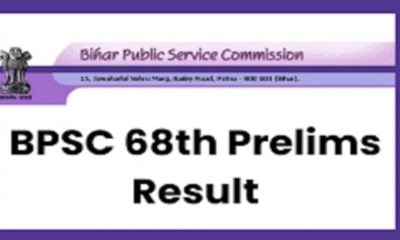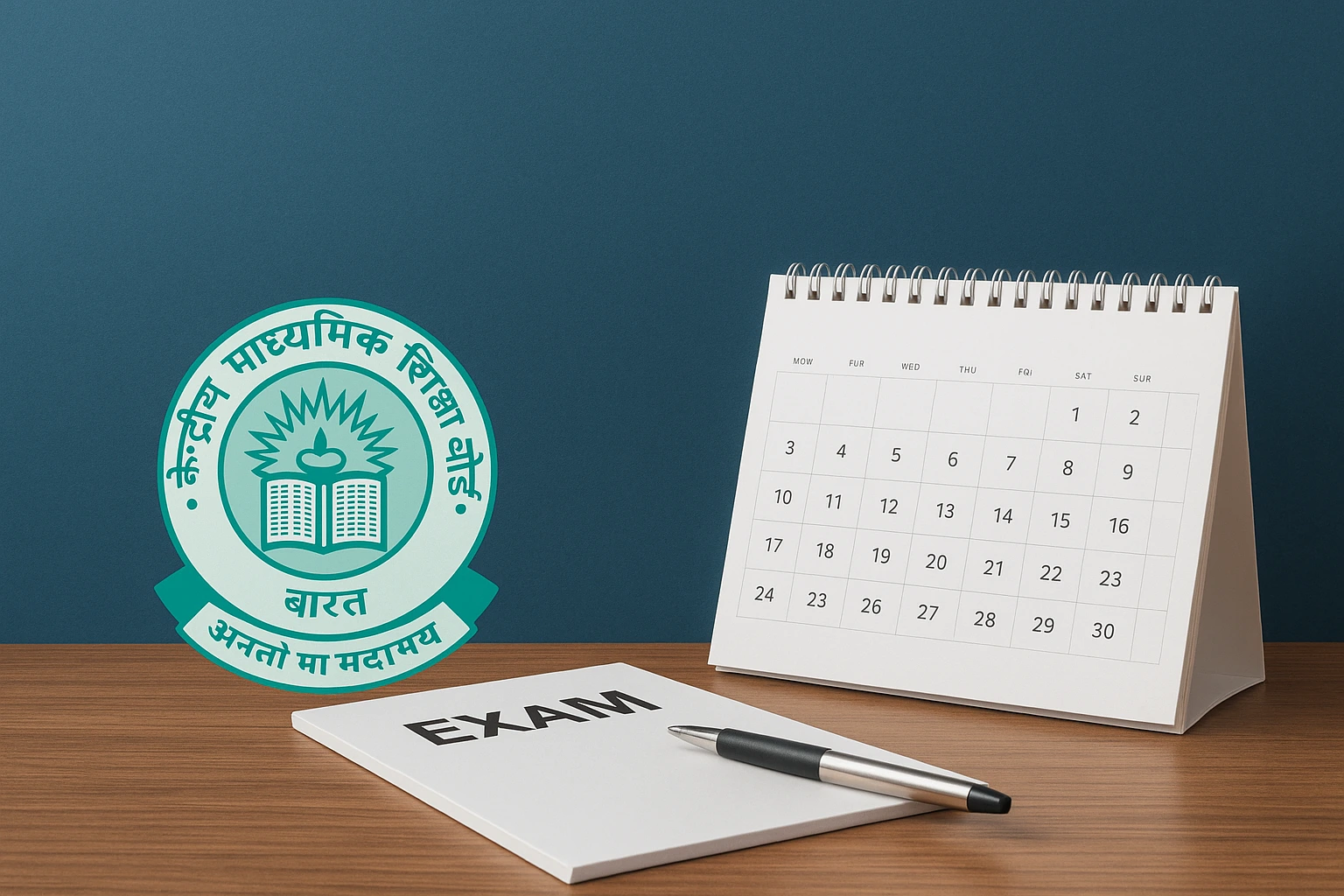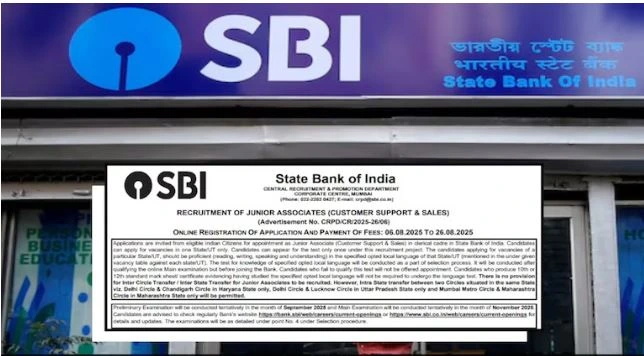The Bihar Public Service Commission (BPSC) is going to conduct the BPSC Head Teacher 2022 exam in the month of September. There are total 40,506 posts, which are vacant. The recruitment drive is being conducted to fill all the vacancies, of which 13,761 positions are reserved for females.
There are now 13,761 positions reserved for women in the recruiting drive for the BPSC Head Teacher Recruitment 2022, to fill the vacancies.
The Bihar Public Service Commission (BPSC) has announced that the Objective Written Exam for the position of BPSC Head Teacher 2022 will now take place in September 2022, as per the latest official notification by BPSC.
BPSC Head Teacher 2022 Salary
The starting salary for the BPSC Head Teacher in 2022 will be Rs 30,500. Furthermore, according to the state government’s criteria, additional benefits and allowances such as House Rent Allowance, Dearness Allowance, and Travel Allowance will be provided to the selected applicants.
BPSC Head Teacher 2022 Exam pattern
The BPSC Head Teacher 2022 written examination will consist of 150 questions from two sections. These are:
Section I: General Studies
Section II: D.El.Ed.
Every incorrect answer will result in a 0.25 marks deduction.
BPSC Head Teacher 2022 Syllabus
Read Also: Rajasthan Police Constable Results 2022: Know website, steps to check the result
Unit 1
Understanding Childhood
Children and their childhood
Dimensions of individual development
Adolescence
Factors affecting adolescence
The contextual reality of adolescence in Bihar
Unit 2
Socialization and the context of school
Inequalities and resistances in society
The difference in learners based on socio-cultural contexts
Understanding of differently-abled learners
Methods of assessing individual differences
Unit 3
Understanding of Identity Formation
School as a site of identity formation for teachers and students
Concept and Meaning and definitions of education
Constitutional provisions on education that reflect National ideals
Education for National development
Unit 4
Philosophy and Education
Philosophical systems
Indian Thinkers
Western Thinkers
Unit 5
Meaning of equality and constitutional provisions
Prevailing nature and forms of Inequality, including dominant and minor groups and related issues
Inequality in schooling
Differential quality in schooling
Right to Education
Unit 6
Concept & Nature of Learning
Basic Assumptions and analysis of the relevance of Learning Theories Social, Cognitive & Humanistic learning theories
Learning as a process of construction of a Knowledge-Constructivist Approach to learning
Relationship of learning with school performance and ability of the learner
Concept of Motivation
Forgetting classroom learning-meaning and its causes
Meaning of learning to learn skills; ways of developing self-study
Unit 7
An analysis of teacher’s roles and functions, skills and competencies in the Pre-active phase
Characteristics associated with effective teachers
Visualizing
Decision-making on outcomes
Preparing for instruction
Preparation of a plan, Unit plan and Lesson plan
Unit 8
Motivating the learners and sustaining their attention-importance of stimulus variation and reinforcement as skills
Questioning Illustration and explanation as teacher competencies influencing student learning in the classroom
Strategy of Teaching
Approaches to Small Group and Whole Group Instruction
Unit 9
How children learn a language with special reference to Skinner, Chomsky, Piaget and Vygotsky.
The social and cultural context of language
The political context of language
Language and construction of knowledge
A critical review of Medium of Instruction
Position of Languages in India; articles 343-351, 350A
Unit 10
What are Academic Disciplines? Need/Perspectives of the classification of Human knowledge into disciplines & Subjects
The Philosophical Perspective: Unity and plurality
The Anthropological Perspective: Culture and Tribes
The Sociological Perspective: Professionalization and Division of Labour
The Historical Perspective: Evolution and Discontinuity
The Management Perspective: Market and organization
The educational Perspective: Teaching and Learning
Research in subject/discipline
What is Interdisciplinary learning?
What criteria can be used for quality assurance of interdisciplinary subiects?
Unit 11
Equity and equality in relation to caste, class, religion, ethnicity, disability and region
The paradigm shift from women’s studies to gender studies
Historical background
Gender, culture and institution
Teacher as an agent of change
Methods, Inductive deductive, lecture, discussion, multilingual, source method observation method, laboratory method, project and problem-solving method and their advantages and limitation and comparisons
Unit 12
Determinants of the curriculum at the nation or statewide level
The concept of the test, measurement, examination, appraisal, evaluation and their inter-relationships
Purpose and objectives of assessment for placement, providing feedbacks grading promotion, certification, diagnosis of learning difficulties
Reporting student’s performance- progress reports, cumulative records’ profiles and their uses, Portfolios
Concept of inclusive school infrastructure and accessibility, human resources’ attitudes to disability, whole-school approach, community-based education
Concept of health, importance, dimensions and determinants of health; Health needs of children and adolescents, including differently-abled children
Understanding peace as a Dynamic Social Reality
Developing Resources in Schools for Guidance
ICSI CS Result June 2022: Here’s how to check, direct link
EC recommends disqualification of Jharkhand CM Hemant Soren in office of profit case


 India News20 hours ago
India News20 hours ago
 India News19 hours ago
India News19 hours ago
 India News9 hours ago
India News9 hours ago
 Cricket news9 hours ago
Cricket news9 hours ago
 India News8 hours ago
India News8 hours ago







